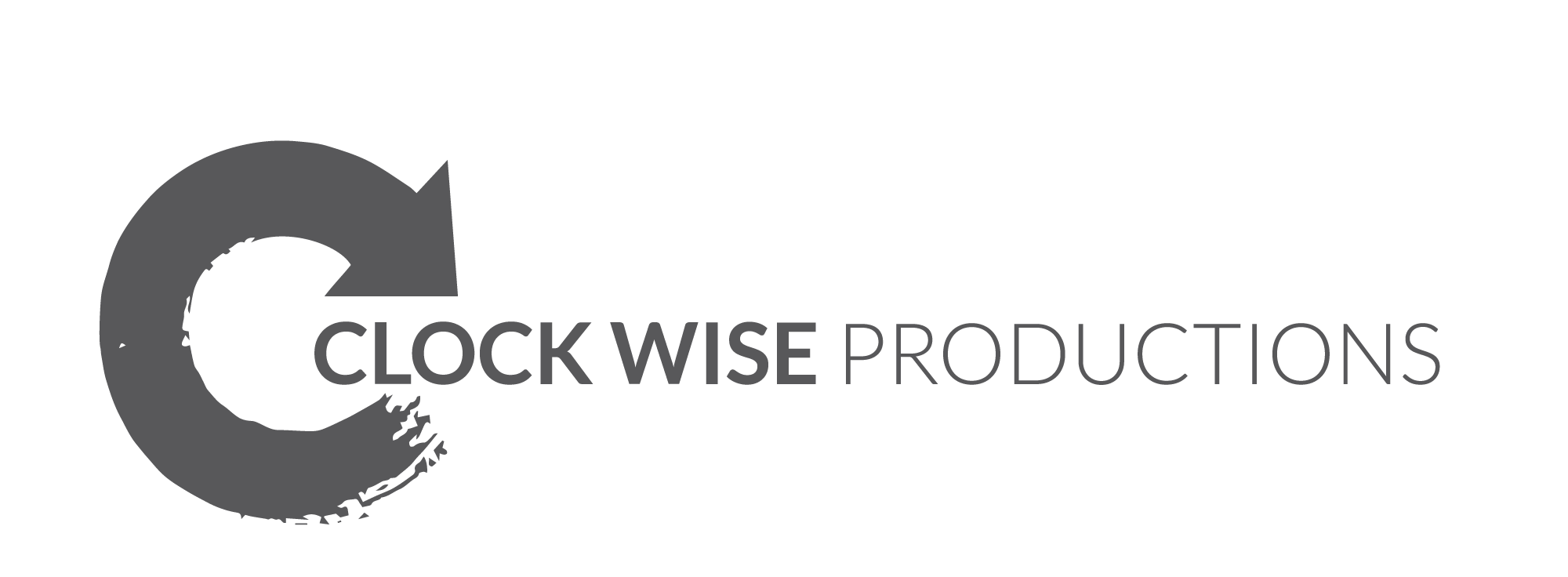After a week at various events of Zurich meets New York (#ZHNY) I walked away a bit wiser, a bit better networked and definitely very much entertained.
Of all the fabulous things I heard, did and consumed, the thought that resonated the most was that through critical mass internet content regulates itself. Let me go back a bit.
Kevin Schawinsky, ETH Zurich Professor for galaxy and black hole astrophysics, introduced Galaxy Zoo which grew into Zooniverse; citizen science projects, meaning they are crowd-sourced. If you have a hankering for identifying galaxy shapes, go to Galaxy Zoo and knock yourself out. On Zooniverse you have a choice of projects to participate in ranging from space to climate, humanities, nature and biology. Anything really where there are masses of Big Data and certain tasks that humans do better than any computer. For instance pattern recognition (who knew) and the infamous “hold it mister: something’s not right here”.
If you ever have a chance to hear Kevin talk – go! His presentations are inherently accessible without being dumbed down for a general audience, thanks to his wit, dry humor, smarts and humility: a winning combination.
So, Kevin was talking about the wisdom of the crowd and how these citizen science projects are helping scientists (who inevitably run out of grad students to “burn” on the data identifying projects) have found willing and able contributors in regular types like you and me. If we used a fraction of the time we use in front of the TV on citizen science we’d be able to get through an awful lot of data and maybe learn something along the way.
(Side note: if you’ve ever looked at the stats of any of the games you play – it’s awful to think of the time we waste – I play solitaire (yes, old geezer) and from time to time I check my score and when I see that I have spent an ENTIRE day plus 4 hours, 6 minutes and 17 seconds playing solitaire when I go complaining all the time that there’s not enough time in the day to get anything done… well – yes, I know – I still play solitaire but a lot LESS).
My question however is quality control on citizen science. Turns out – to take the Glaxay Zoo project as an example – that each galaxy shape is being identified by maybe 70 people. So, if there’s one or two people who have mis-classified a galaxy shape, it’s assumed that those where either people who purposefully qualified the shape wrong (for whatever reason), made an honest mistake, or people with horrible pattern recognition skills. But, if 20 or 30 people classify a shape differently, the galaxy will be looked at more closely as it might have interesting abnormality or needs the eye of a specialist scientist. That is, the quality control happens through volume of people working on the project – the critical mass controls quality and correctness of information.
Wikipedia is a great example. In the early days we all were told to be careful with Wikipedia entries, that they were often incomplete, biased or incorrect, as they were not editorially supervised or vetted by editors and anybody could write what they wanted. What has happened over time however is, that if enough citizen-wiki-writers take on an entry the supervision happens by critical mass. If enough people who are experts on an entry participate I would actually venture to guess that the entry is going to be as accurate if not more accurate as if one entity (say Encyclopedia Britannica) did the vetting and editorial work.
Incidentally (or not) I got a shout out when I visited Wikipedia this morning to donate as it’s advertising free. If every user donated $3 as they use Wikipedia their fundraising campaign would be over in an hour. As I was in the process of writing this blog entry I did go ahead and donated $20 – two clicks of the mouse if you go through Amazon or PayPal. As a great brand once said: just do it! Here’s the link to donate. That’s my internet-citizen-wiki-contribution of the day.

